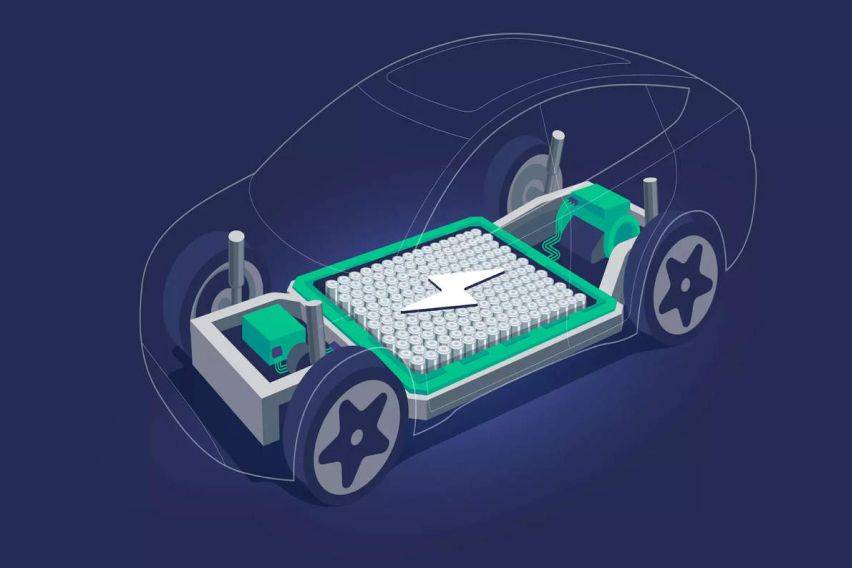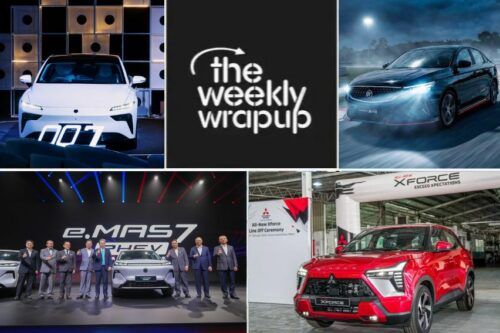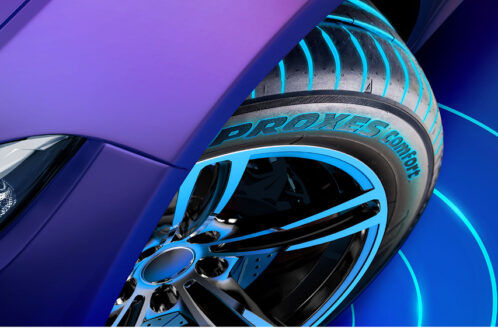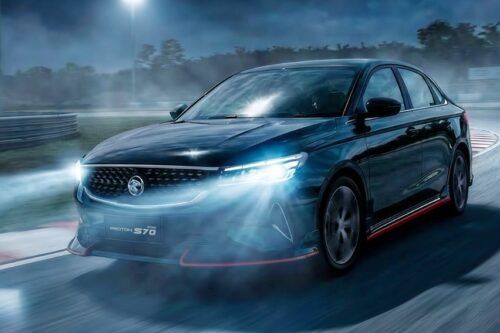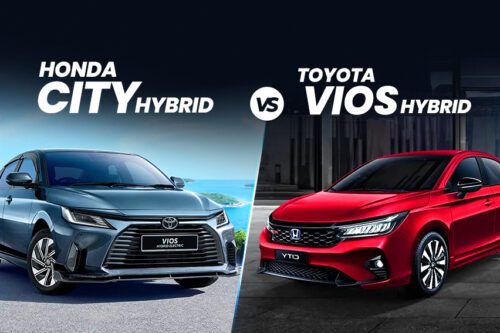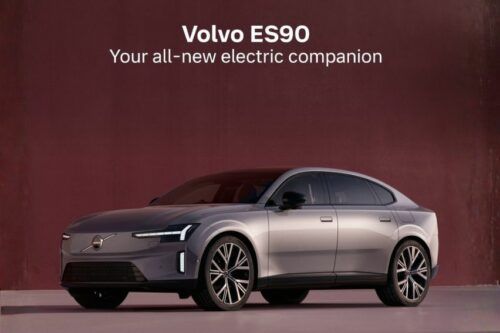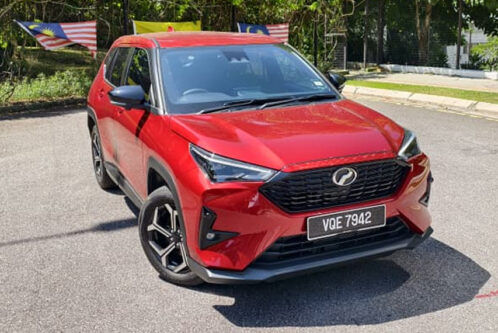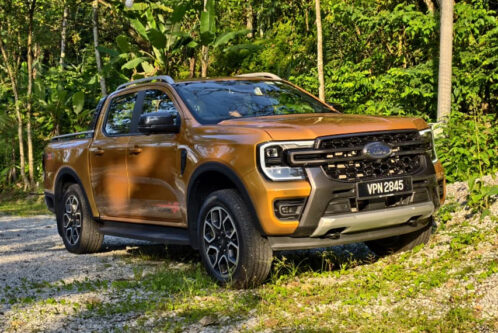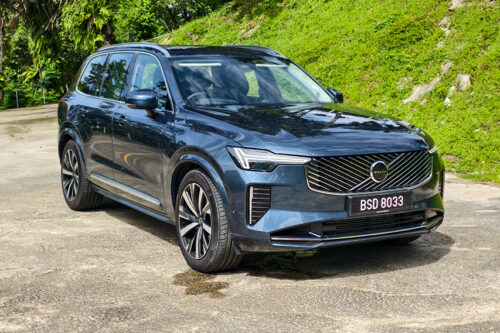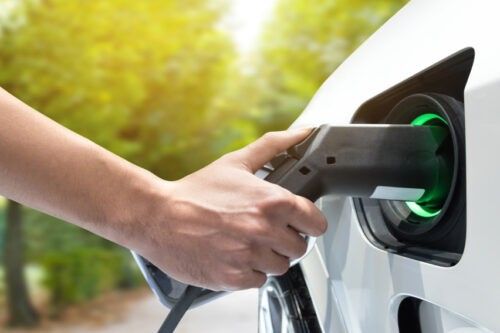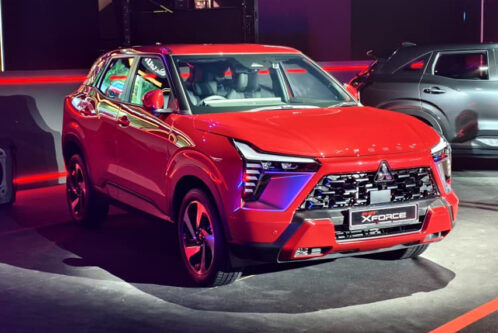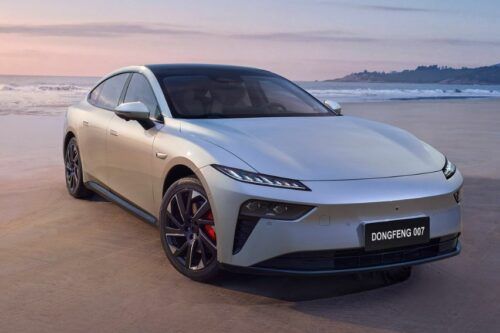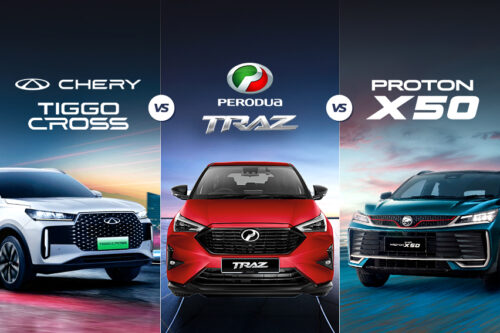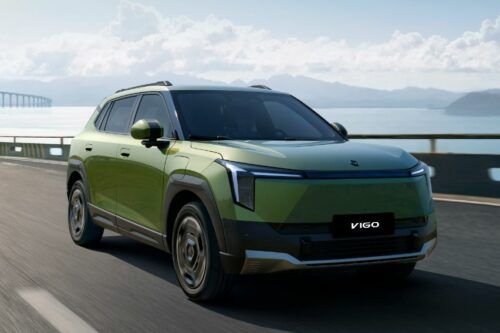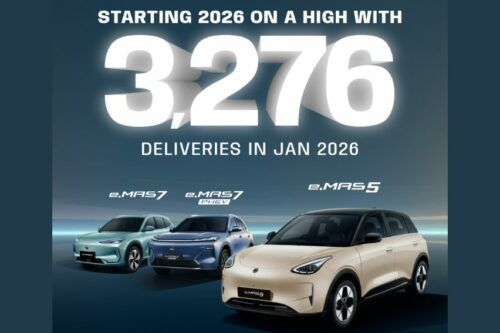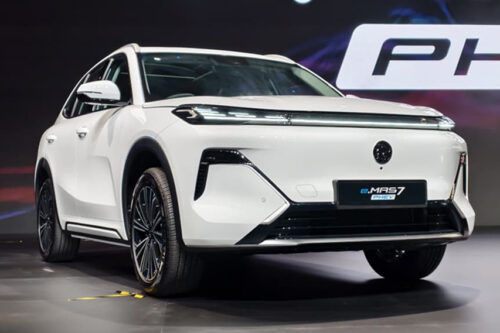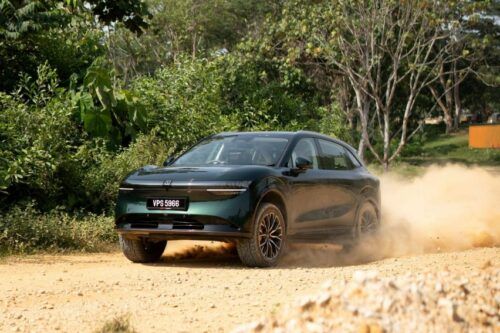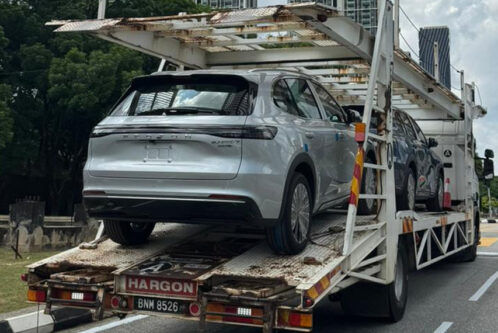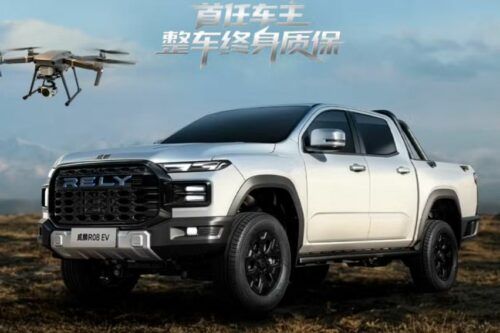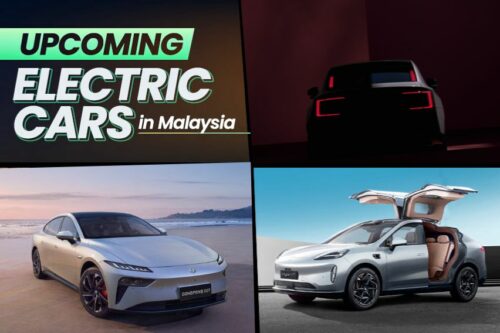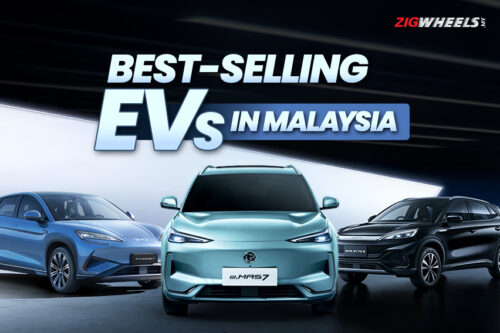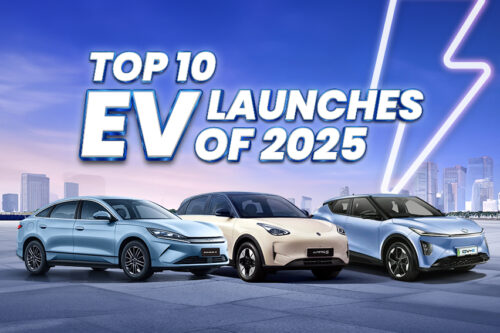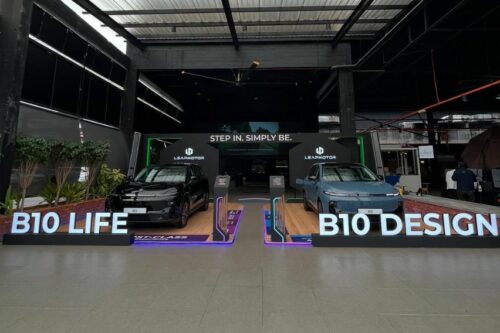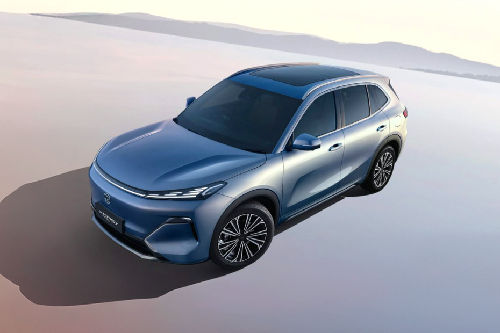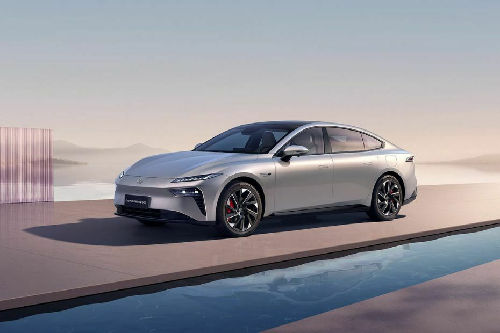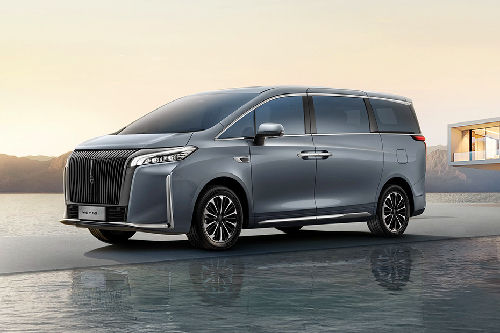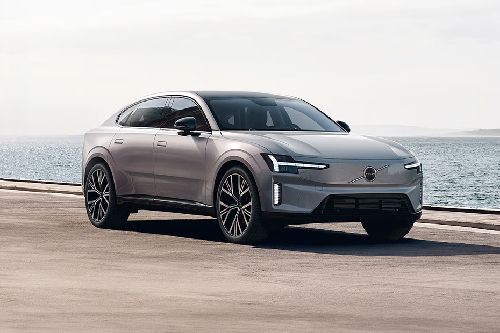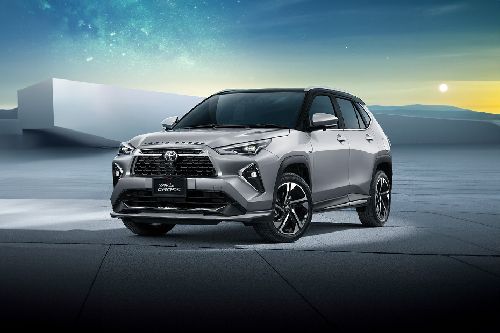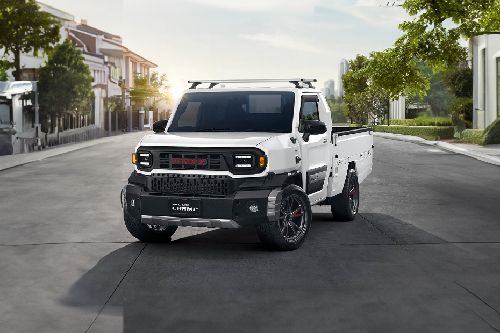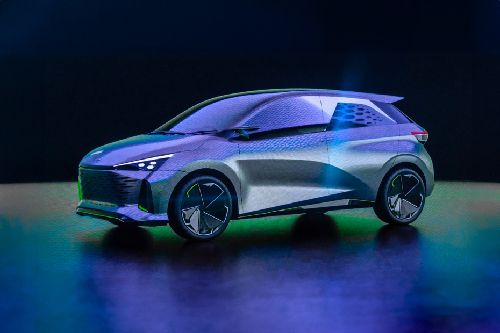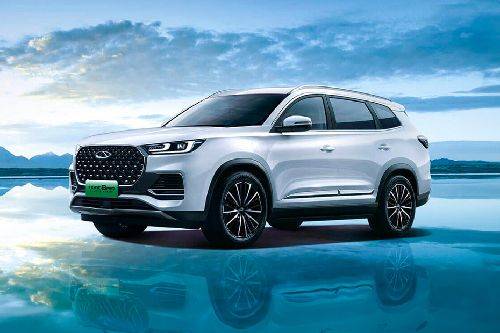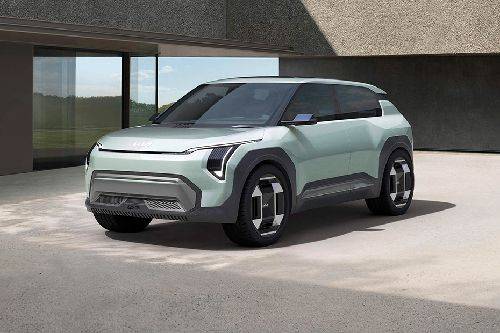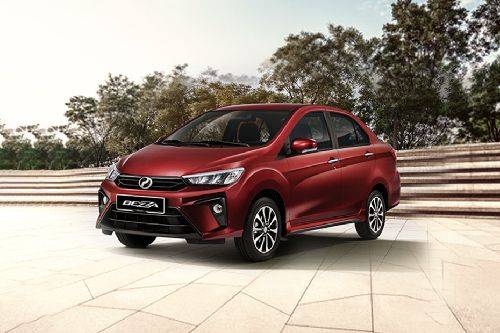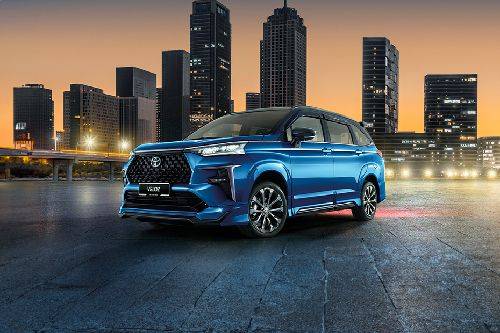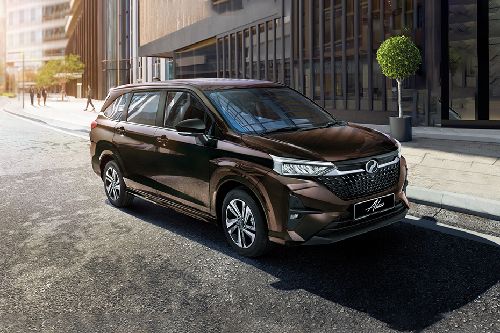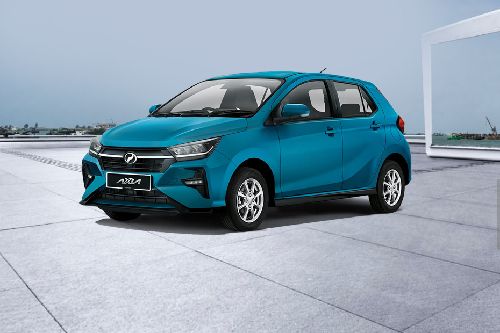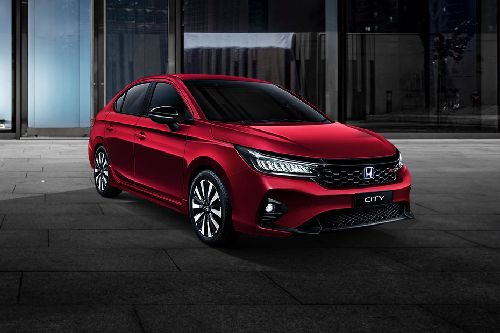Electric Car: A comprehensive buying guide
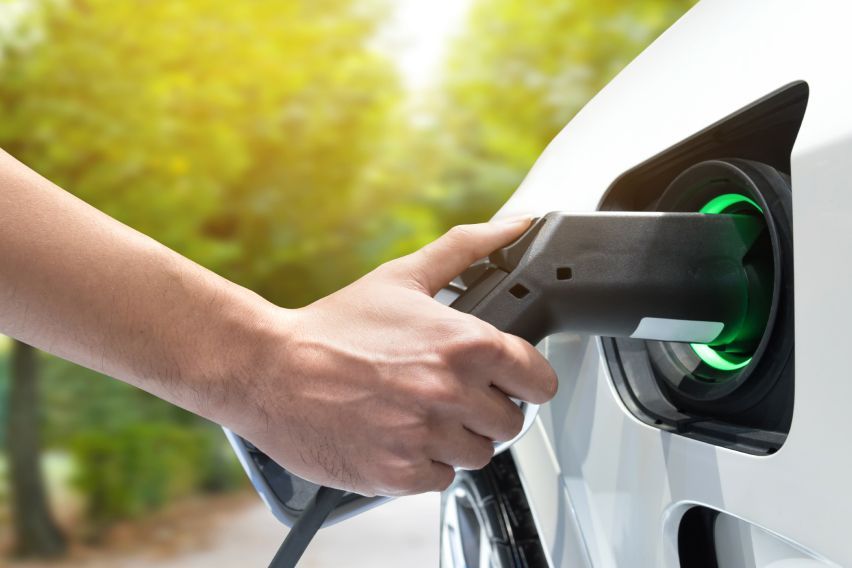
The word that immediately comes to mind when discussing the future of mobility is electricity. Using electric vehicles lessens reliance on fossil fuels, which benefits the environment.
Over the past few years, this environmentally friendly form of transportation has expanded dramatically, and it will only continue to do so as more companies enter the market with their products. Consequently, it becomes challenging for the buyer to decide which model to pick.
Zigwheels Malaysia is assisting you in your purchase journey by assisting the final consumer with their automobile purchase. We will assist you in navigating through the entire purchase process.
First, let's talk about the factors a buyer should think about before purchasing an EV, such as their budget, needs, infrastructure, and available incentives.

Electric Cars: Factors to consider before buying
Budget Determination: Compared to their conventional ICE counterparts, electric cars can be expensive. The pricey battery pack and the intricate electric drivetrain are mostly to blame for this. Consequently, it's wise to determine your spending limit before heading out on the search for your EV purchase. Remember to take into account the long-term fuel and maintenance expenses.
Recognizing your needs: Take into account your driving style, daily commute, and available charging options. This will assist you in selecting an electric vehicle that meets all of your needs and has a suitable range.
Examine the available EVs: The market offers a variety of electric car models, each with its own set of unique features, price points, and range. Examine models made by various manufacturers to determine which one best fits your needs.
Recognize the available incentives: The government provides tax breaks and rebates to encourage the purchase of electric cars. Examine the local incentives to find out how much more you can save over dealer discount/promo.
Consider local charging infrastructure: Charging stations are as good as petrol pumps in the case of electric cars and therefore it becomes essential to know their location. Also, if you are planning to buy an EV start thinking of installing a home charging setup.
Take a test drive: It is a good idea to get a sense of the features, comfort, and performance of an electric car model by taking a test drive. Especially, if you have only driven ICE-powered cars your whole life.
Analyze range and charging time: Take into account the electric car's range on a single charge as well as the charging time. Verify that the range is sufficient for your everyday driving needs and consider whether the charging time works with your schedule.
Examine warranty and maintenance: Find out about the manufacturer's warranty for the battery and other parts of the electric car. In addition, compare the expenses on maintenance to those of conventional gasoline-powered vehicles.
Check ratings and reviews: To gain insight into the practicality and dependability of the electric vehicle you're considering bringing home, look for evaluations and assessments from both industry professionals and past owners.
Resale value: The electric vehicle market is growing at an exponential pace and soon it will have its resale market. Being a buyer it is wise to take into account the potential resale value of the shortlisted EVs; as certain models might get you more resale value over others.
Plan for home charging setup: Installing a home charging station might be a good idea if you have a garage or a designated parking space as charging at home is much more practical and economical.
Examine your financing options: You can finance an EV by taking out a loan, leasing it, or buying it outright. To determine which option best fits your budget, compare each one.
Insurance: Since the value of an EV and its insurance are correlated, the cost of insurance for an electric car is high. Thus, it is crucial to consider this aspect before making a purchase.
Used electric car: If purchasing a brand-new vehicle is out of your price range, you may want to consider buying a pre-loved model. An electric vehicle (EV) has few moving components, therefore purchasing a used one is not as tough as buying a used conventional car. However, it is advised to check the motor condition, charging options, tyre condition, mileage, and battery performance.
Support for after-sales services: One of the key aspects that defines a car owner's experience is after-sales experience. Regarding EVs, the majority of cars come with a battery warranty that lasts for several years. Additionally, service facilities are increasingly hiring qualified experts who are experienced in maintaining electric vehicle health.
Extra expense: The upkeep of charging stations and a home charger are two of the extra expenses that come with owning an electric vehicle. And a buyer must be aware of it beforehand.
These are some crucial points a buyer must keep in mind when buying an electric car. It is time now to delve further into electric vehicles and their parts.
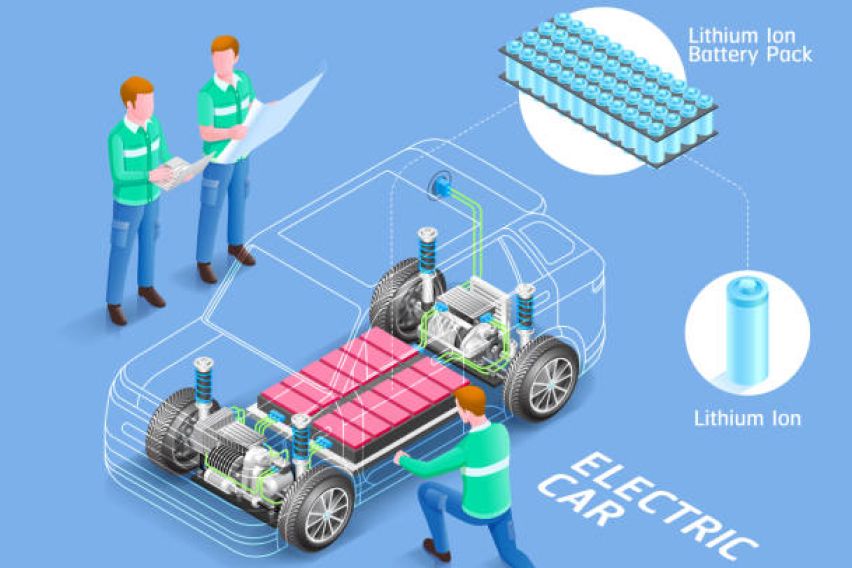
Electric Car: Components & parts
An electric car differs from an ICE vehicle in terms of fundamental parts. Below we have discussed all the components of an electric car in detail -
Battery Pack: The battery pack is an essential part that powers the car by storing electrical energy. Most EVs feature lithium-ion batteries as they offer high energy density.
Electric Motor: EVs are propelled by the electric motor, which transforms electrical energy from the battery into mechanical energy. Electric vehicles employ either DC (direct current) or AC (alternating current) motors.
Power Electronics: Power electronics control the electrical energy transfer between the battery and the electric motor. They do this by using inverters and converters. While the latter manages charging and regenerative braking, inverters transform DC from the battery to AC for the motor.
Charging Port: This connector enables the car to be hooked up to an outside power source so that the battery can be recharged. Different types of charging connections are available, such as fast-charging DC stations, Level 2 charging stations, and regular AC outlets.
Onboard Charger: This device transforms external AC power, such as a wall outlet or charging station, into DC power for the battery.
Thermal Management System: To maintain the battery pack's ideal temperature and length of life, electric cars need a thermal management system.
Voltage Converter: A voltage converter modifies the electrical system's voltage to suit the needs of different car parts.
Electric Vehicle Controller: This part of the vehicle controls how the battery, motor, and other parts work together to provide a smooth and efficient ride.
Transmission or Reduction Gear: To maximize the power transfer from the electric motor to the wheels, some electric cars employ a transmission or reduction gear.
Regenerative Braking technology: This technology feeds back electrical energy to recharge the battery by capturing and converting kinetic energy during braking.
Vehicle Control Unit (VCU): The VCU keeps an eye on and regulates a number of the electric vehicle's functions, such as braking, acceleration, and system efficiency.
Charging Cable for Electric Vehicles: This cable links the car to a power source or charging station.
Knowing these fundamental parts helps one understand how electric cars work and how they differ from cars with conventional combustion engines. Also when these elements come together an eco-friendly and more energy-efficient form of transportation is produced.
It's time to discuss the different types of electric cars, batteries, and other crucial aspects of an EV to understand what each of them brings to the table. So let’s get started with types of electric cars.
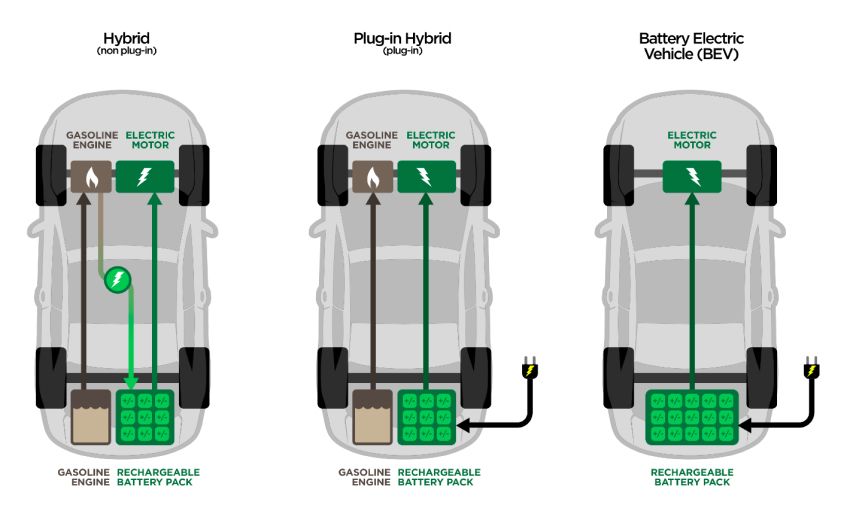
Types of electric cars
Electric vehicles can be classified into four basic categories namely, plug-in hybrid electric, hybrid electric, and fuel cell electric.
Battery Electric Vehicles (BEVs)
As the name suggests, BEVs are solely powered by an electric battery, with zero gas engine parts. With zero emissions, most BEVs are capable of L2 charging and fast charging.
Plug-in Hybrid Electric Vehicles (PHEVs)
PHEVs are quite similar to hybrid cars, however with a larger battery and electric motor. It features a gas tank and a charging port. It gets charged by L2 chargers.
Hybrid Electric Vehicles (HEVs)
HEVs are low-emission vehicles with an electric motor assisting gas-powered engines. All energy in this type of EV comes from gasoline.
All-electric vehicles, PHEVs, and HEVs use the following energy storage systems -
Lithium-Ion Batteries: Currently used in most portable consumer electronics, they offer high energy per unit mass and volume. They also have high energy efficiency, high power-to-weight ratio, long life, good high-temperature performance, and low self-discharge.
Nickel-Metal Hydride Batteries: These batteries are widely used in HEVs. The main challenges with nickel-metal hydride batteries include high cost, heat generation at high temperatures, the need to control hydrogen loss, and high self-discharge rate.
Lead-Acid Batteries: These batteries are inexpensive, safe, reliable, and recyclable. However, a few factors impede their use including its poor cold-temperature performance, low specific energy, and short calendar and lifecycle.
Ultracapacitors: These batteries can deliver a high amount of power in a short time as it has
low energy density and very high power density.
Driving range
As Malaysia's EV charging infrastructure is still in its infancy, the range is an important consideration when purchasing an electric vehicle. Therefore, choosing an EV with a good driving range is preferable.

EV charging
Like any chargeable device, electric vehicles (plug-in hybrid electric vehicles as well) require an EV charger to fuel the battery.
EVs can be charged using two different methods: regular charging or fast charging. Fast chargers cost more to install than standard chargers, but they charge batteries faster—usually within a few hours.
Not to forget there are three levels of EV charging namely, Level 1, Level 2, and Level 3. Generally speaking, the higher the level, the faster the charger and the higher the power output.
EV battery guarantee
As the battery pack is one of the most expensive parts of an EV, it is a good idea to always find out how much battery warranty the manufacturer is offering.
EV Efficiency
An electric vehicle's efficiency in comparison to a regular ICE-powered car is always determined by how much electricity the unit uses. In general, electric cars are much less expensive to operate than cars with internal combustion engines.
In summary
Purchasing an electric vehicle might be challenging if you are not familiar with the basics, such as cost, features, and basic operation. However, the consumers will find the entire process to be simpler and more comfortable with Zigwheels on their side.
Malaysia Autoshow
Trending & Fresh Updates
- Latest
- Popular
You might also be interested in
- News
- Featured Stories
Featured Cars
- Latest
- Upcoming
- Popular
Latest Car Videos on Zigwheels

